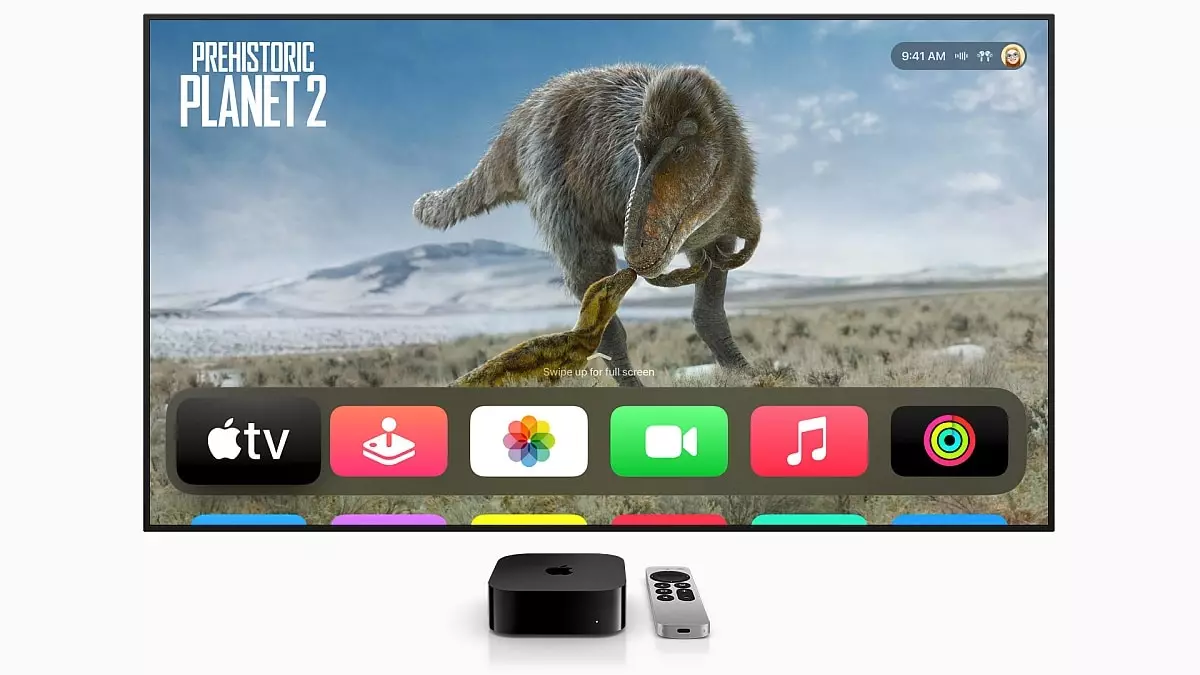As Apple continues to navigate the competitive landscape of smart technology, whispers of the company’s interest in developing a proprietary television set have resurfaced. This intriguing possibility, articulated by Bloomberg journalist Mark Gurman in his latest Power On newsletter, sparks questions about the strategic direction Apple may take in the increasingly crowded smart home market.
Evaluating New Horizons
Gurman indicates that Apple is currently “evaluating” the prospect of creating an Apple-branded television, highlighting a cautious yet optimistic approach by the tech giant as it explores new product categories. This inquiry comes on the heels of Apple’s existing ventures into home entertainment devices, notably the Apple TV box that runs on tvOS. As it stands, this device contends with offerings from competitors utilizing Android TV OS and Fire OS. However, unlike dedicated TVs that cater to varying consumer preferences, Apple has yet to launch an integrated television set.
The notion of an Apple TV is not a new one; the company has been rumored to be considering this move since as early as 2009. Such historical patterns suggest that while Apple has historically shown an inclination to innovate, it has been deliberate in its approach to entering new markets, particularly in a segment dominated by established players.
The potential Apple TV could serve not just as an entertainment hub but as a component of a broader smart home ecosystem. According to Gurman, the company is working on various smart devices, including an advanced wall-mounted hub capable of managing home automation and facilitating video calls. This design approach indicates Apple’s desire to align its products to create a seamless user experience, reminiscent of its ecosystem of iPhones, iPads, and Mac computers.
Nevertheless, the success of such a smart home hub may significantly impact Apple’s future decisions regarding additional smart devices. Gurman warns that failure in this segment could force Apple to reassess its ambitions in smart home technology. Notably, the projected high price tag of $1,000 for the advanced version of this hub raises questions about consumer willingness to pay premium prices for innovative home technology.
If Apple proceeds with its television design, it will inevitably face competition from some of the most established names in the industry, including Sony, Samsung, LG, and Sharp. These manufacturers provide a wide array of televisions designed to fit various budgets and specifications. Apple, however, is expected to introduce a high-end model that embodies premium features and integrates seamlessly with its existing technology—think Siri capabilities, HomeKit compatibility, and enhanced smart functionalities.
The potential implications of an Apple-branded TV extend beyond mere consumer electronics; they represent a strategic positioning within the smart home revolution, further connecting users through a holistic suite of products. Yet, as Apple considers making this leap, it must remain vigilant about market trends, consumer preferences, and the ever-evolving landscape of smart technology.
While the prospect of an Apple TV remains speculative, it highlights the company’s ongoing exploration of innovative consumer technology. Whether it will succeed in this venture remains to be seen, but Apple’s past suggests that when it commits, it does so with a vision to redefine industry standards. The future of home entertainment could very well hinge on Apple’s next steps.


Leave a Reply